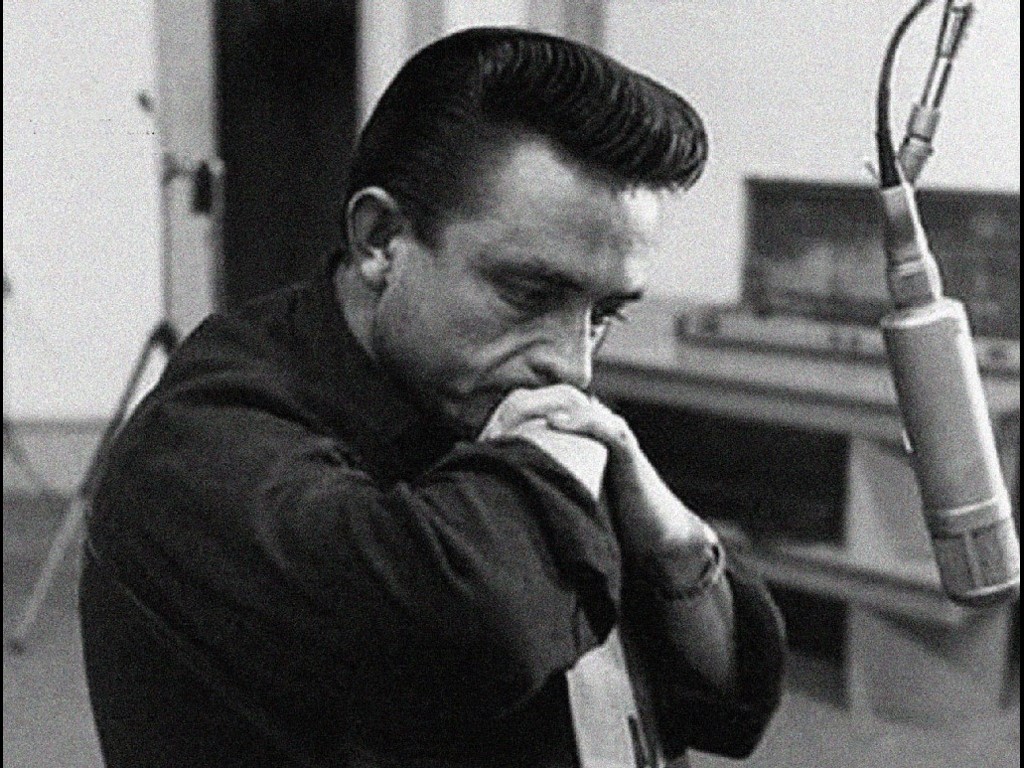Mere Orthodoxy published three pieces by Brandon Meeks over a ten month window in 2020 and 2021. In January of 2025, Brian Mattson and Warren Smith documented that Meeks both lied about his academic credentials and has been convicted of a sex crime involving a minor. You can learn more about their investigations at Mattson's Substack and on Ministry Watch. For these reasons, we have removed Meeks's biographical details (which were falsified) from the site and attached a disclaimer at the top of all three pieces he contributed to Mere Orthodoxy.
Mere Orthodoxy does not delete content from our archives. We believe that transparency is uniquely important in the digital era of media. A policy that allows for the deletion of past content is easily abused and corrosive to our relationship with our readers and members. So in cases such as these our policy is to attach a statement like this and leave the content otherwise unaltered.
Login to read more
Sign in or create a free account to access Subscriber-only content.
Topics:
